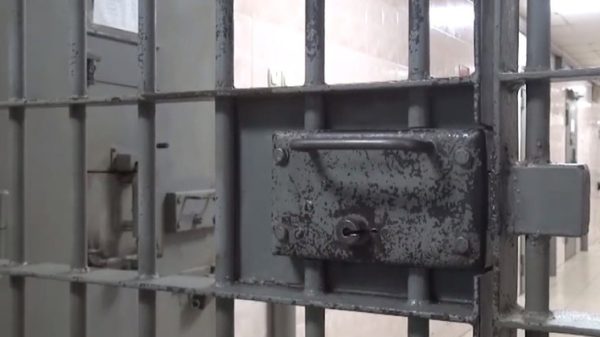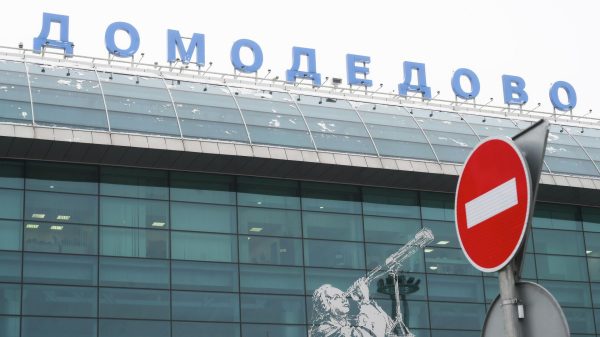
Wejo has now raised a total of $135m, having previously attracted funding from General Motors
Credit: GM
The connected car start-up Wejo has secured a $42m (£30m) cash injection as it attempts to plot a route to profitability.
The Cheshire-based venture has raised $29m in borrowing that may be converted to shares from investors including German car parts conglomerate Hella. It adds to $13m raised last year from backers including the taxpayer-owned Future Fund.
Wejo has now raised a total of $135m, having previously attracted funding from General Motors.
The latest round comes after a bumpy year for the start-up, which collects data about location, speed, and emissions, and helps car makers cash in. Wejo was forced to cut 60 staff, roughly 30pc of its workforce, last spring and to close its US offices as its finances came under pressure.
With a cash cushion, Wejo is now understood to be in talks with advisers from Citi about a $350m funding deal that could see it hit public markets. A list could potentially come via merger with a special purpose acquisition company (Spac), according to reports. The company also last week appointed the big four firm EY as its new auditors.
Wejo collects 12bn data points each day from 10 million cars from companies including GM and Hyundai, which can then be used for in-car apps, mapping services and traffic information.
Richard Barlow, Wejo’s chief executive and founder, said: “When the pandemic hit, and car sales dropped off, we did not know what was going to happen next.
“I had to make some tough decisions. But over the next six months demand for our driver data picked back up, we recovered our revenues from pre-Covid. During lockdown three, we have continued to sign more contracts.”
Mr Barlow said Wejo mades sales of $3.8m last year and is on track to make $16m in 2021. Mr Barlow confirmed the company was in the process of raising further funds, but declined to comment on a potential listing.
According to its 2019 accounts, it lost $27m that year and warned at the time it faced a “material uncertainty”. It does not expect to turn a profit until 2024.






















































Свежие комментарии